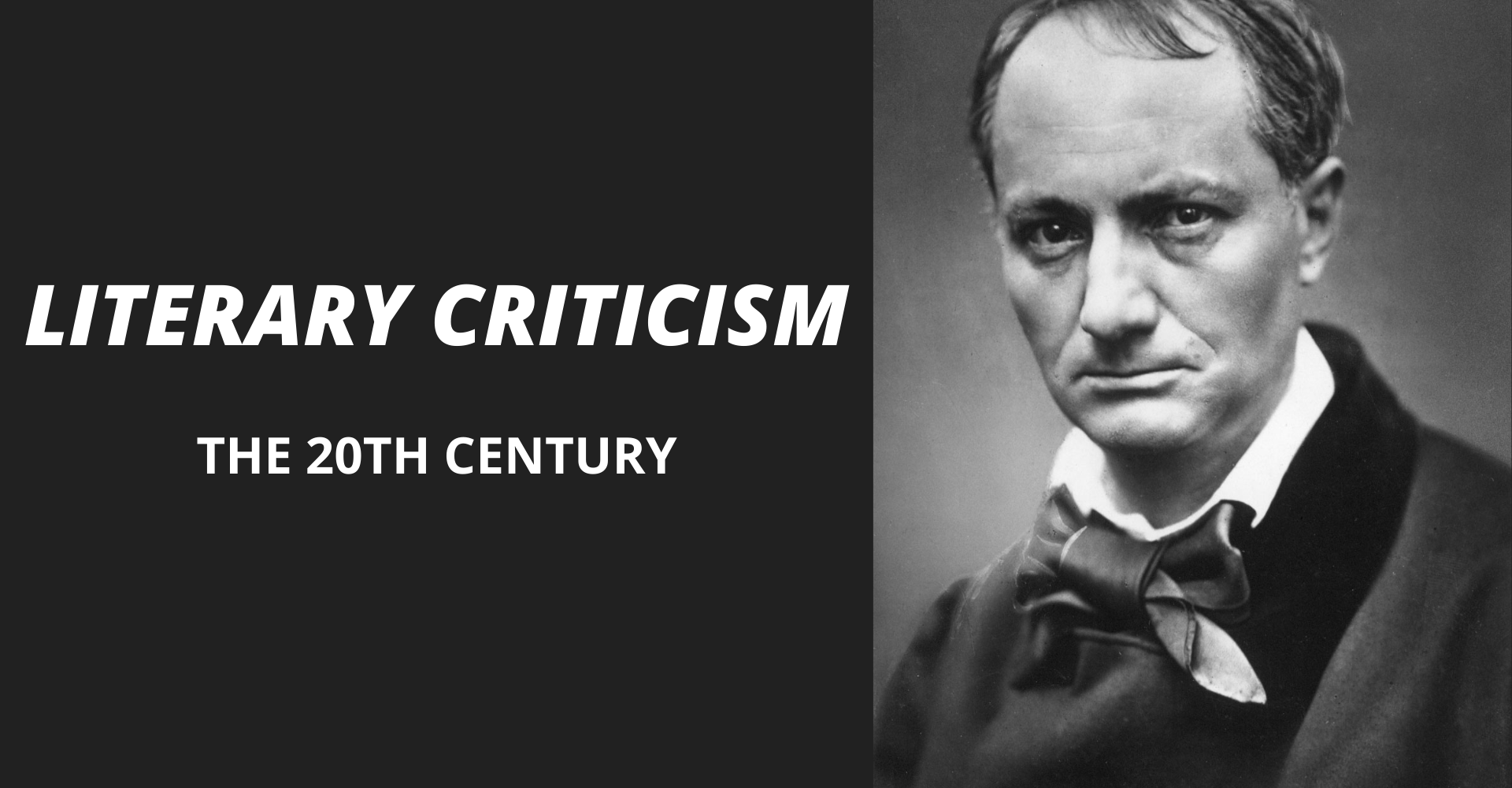LITERARY CRITICISM
The modern literary criticism is remarkable for its variety of theory and practice. There are various moods, techniques and cross currents of criticism in practice at present consequent upon the new discoveries in the field of science, anthropology, sociology and psychoanalysis. There have been great changes and revolution in the critical outlook, technique and methods. And no wonder, criticism is becoming more and more a kind of laboratory for the study of the intellectual activity. The approach of the critics and the problems which they deal which are radically different from this predecessors.
The new critical techniques have been great influenced by a number of revolutionary systems of thought about man and society. The different trends have their own line of thinking and they interpret the work of art by their favorite and accepted literary techniques. In the first place there is the psychoanalytic vogue in modern criticism. Psycho analysis insists upon human emotions and devotes itself to the buried drama of individual life. Modern criticism has been influenced by a number of revolutionary system of thought. The major influences in the field have been those of Darwin, Marx and Freud. They contributed to the belief that literature is essentially a social instrument. G.S Fraser emphasizes the importance of myth, rituals and archetypal pattern in literary themes. Freud modifies the whole conception of the modification of human activities. He gave currency to the theory that the artistic gift is the compensatory function of neurosis.
The psychoanalytic criticism of literature began with the publication of Freud’s interpretation of dream in 1900. Nonetheless the greatest impact upon literary criticism was unleashed by the three great contributions are in the evolution of various psychological views of art and his rejection of hedonism of the specifically aesthetic emotions. Almost as significant is Freudian or psychoanalytical criticism so it is the social criticism which takes its inspiration from Marxism. It regards literature as a social institution.
The sociological approach to literature is particularly cultivated by those who are protagonist of social philosophy. Marxists criticism study the relation between literature and society. They practice evaluation based on judicial criticism. These Marxists critics are not only students of literature but also propagandist critic like Herbert Reed. They have tried to evolve a new type of criticism which is known as auto-genetic criticism. It seeks a synthesis between a psychological criticism and the sociological criticism. By the late thirty’s psychoanalytic, sociological or Marxist criticism lost much of their significance and these values. These new critics were in their hay days in the forty’s. Most important of them were John Crown, Ramson, Allentate and R.P Blackmur. These new critics derived much from Coleridge, Ezra pound, I.A Richards and T.S Eliot. Eliot became their model. The chief ideal before the new critics was to free literature from what they called the pressure and contemplation of science.
The new critics asserted that content and form are inseparable. The content of a poem could be located in the specific dynamics of the form. The new critics very often laid stress on ambiguity, irony, paradox and tensions. The critics treated all literary works as if they were lyrical poems. Another trend in modern criticism is what might be called the correction of opinion. There is another kind of criticism which is becoming popular these days. It is known as exaggerated criticism. It includes textual emendation. The application scholarship for the elucidation of symbolic significant. Despite so many trends in modern criticism is to survive, it must remain the work of a solitary man. In brief we can say that modern criticism is psychoanalytic and these trends are rampant in modern criticism.
PLEASE HELP ME TO REACH 1000 SUBSCRIBER ON MY COOKING YT CHANNEL (CLICK HERE)











